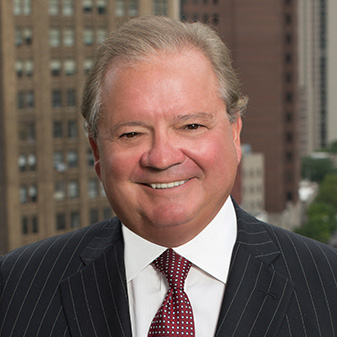Specter Tries to Rein in Signing Statements
Sen. Arlen Specter (R-Pa.) didn’t succeed the first time around with an effort to limit President George W. Bush’s controversial practice of using signing statements to contest federal legislation with which he personally disagrees. But now he is trying again.
The senator, who is the ranking Republican on the House Judiciary Committee, reintroduced legislation Friday to ban Bush’s excessive use of the practice, according to Roll Call (sub. req.) It would instruct the courts not to rely on signing statements when interpreting legislation and grant Congress “the power to participate in any case where the construction or constitutionality of an act of Congress is in question and a signing statement was issued when the act was signed,” according to a press release posted on Specter’s Web site.
“While there are legitimate uses for signing statements,” the statement continues, “such as instruction for the executive branch on how to administer a law, this legislation seeks to curtail the President from using a signing statement to rewrite the words of a statute or using a signing statement to selectively nullify provisions he does not like.”
Uniquely among modern presidents, Bush has never vetoed a bill. Instead, after signing legislation—and, often, praising the sponsors for their work—he files a so-called signing statement in the federal register. Based on his personal opinon of whether the law is constitutional, it directs federal officials about how to enforce—or not enforce—the legislation, the Boston Globe reported in April.
The practice is controversial because it concentrates an unprecedented amount of power in the executive branch, at least arguably overweighting the scales on the constitutional balance of power between the three branches of U.S. government.
”There is no question that this administration has been involved in a very carefully thought-out, systematic process of expanding presidential power at the expense of the other branches of government,” says Phillip Cooper, a professor at Portland State University in Oregon who has studied Bush’s executive power claims. ”This is really big, very expansive, and very significant.”
(Hat tip to Think Progress.)



